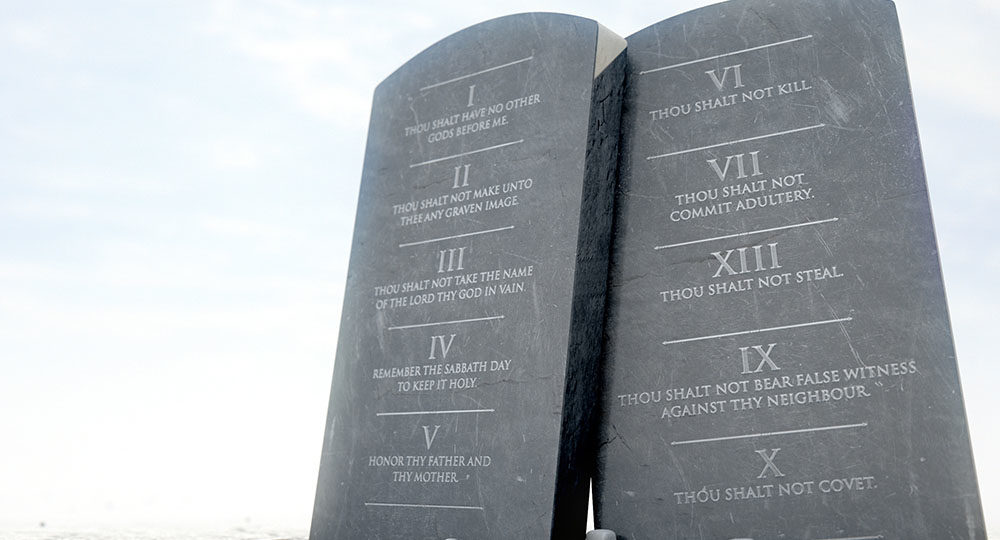


An important issue went before the Supreme Court recently. America is head- ing where it’s never been before. And you may be the decisive factor.
The most hotly contested piece of real estate in the world is the Temple Mount. Today three ominous trends threaten the area.
The story of the Levite and his concubine is one of the grimmest in all of Scripture. And its relevance for today may surprise you.
Have you ever thought God let you down? Perhaps you’re simply looking at things the wrong way, as Gideon did before he fought the Midianites.
Jephthah was the man of the hour to deliver Israel, going from outcast to tribal chief. But when he was on top, a grave error cost him dearly.